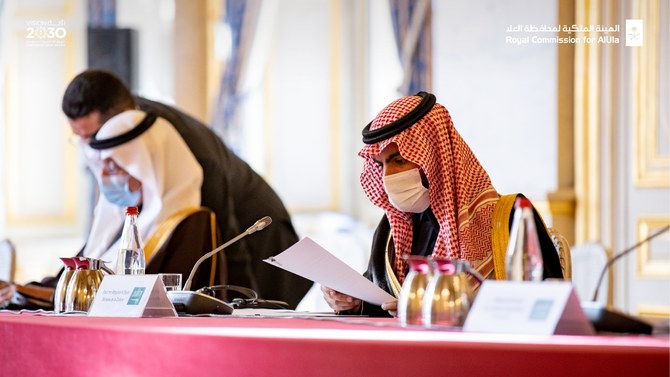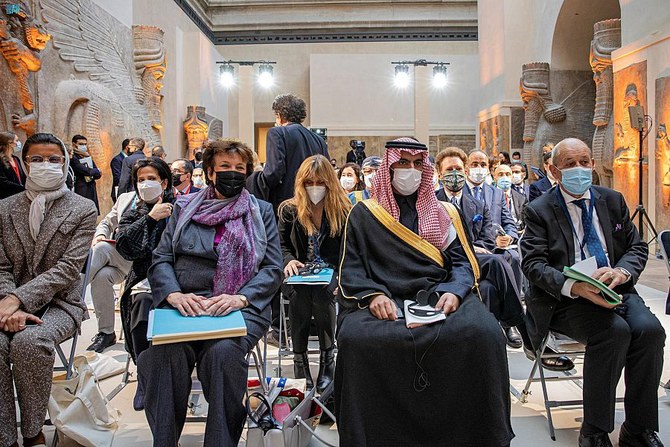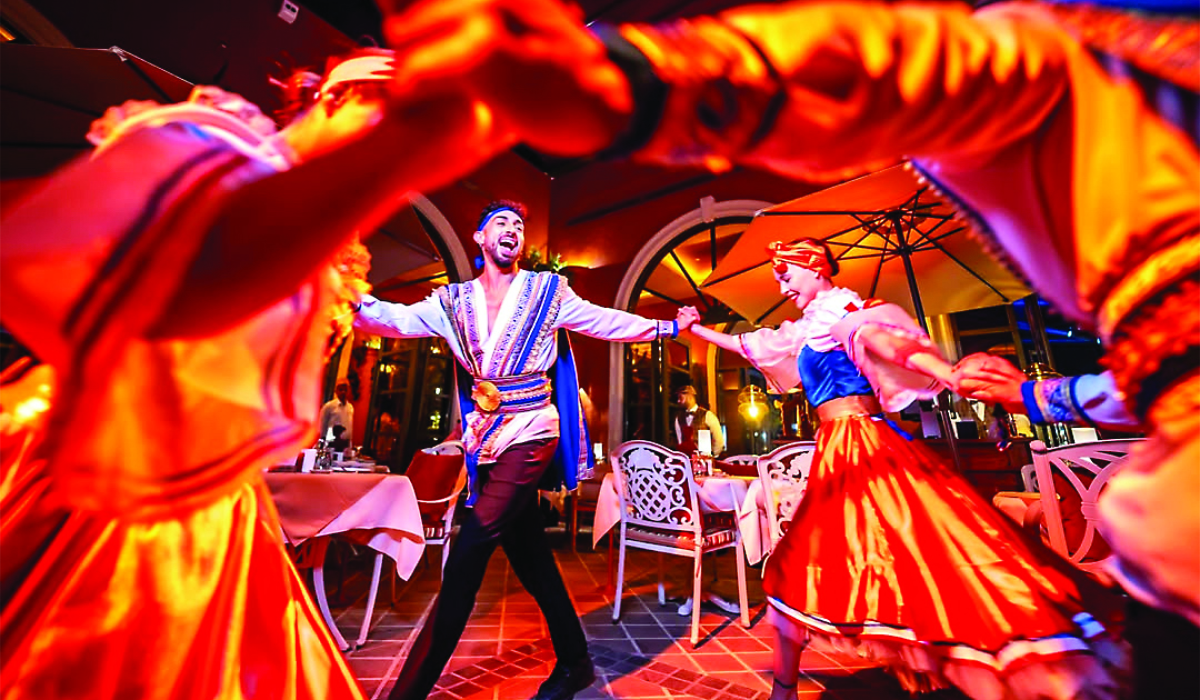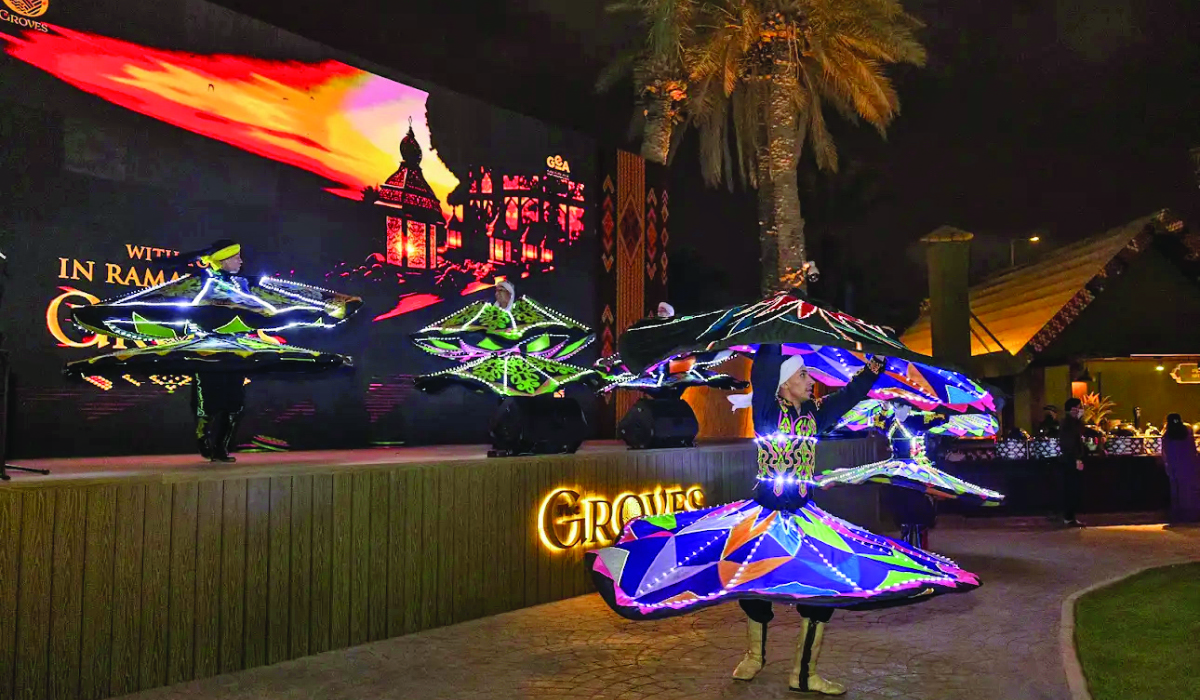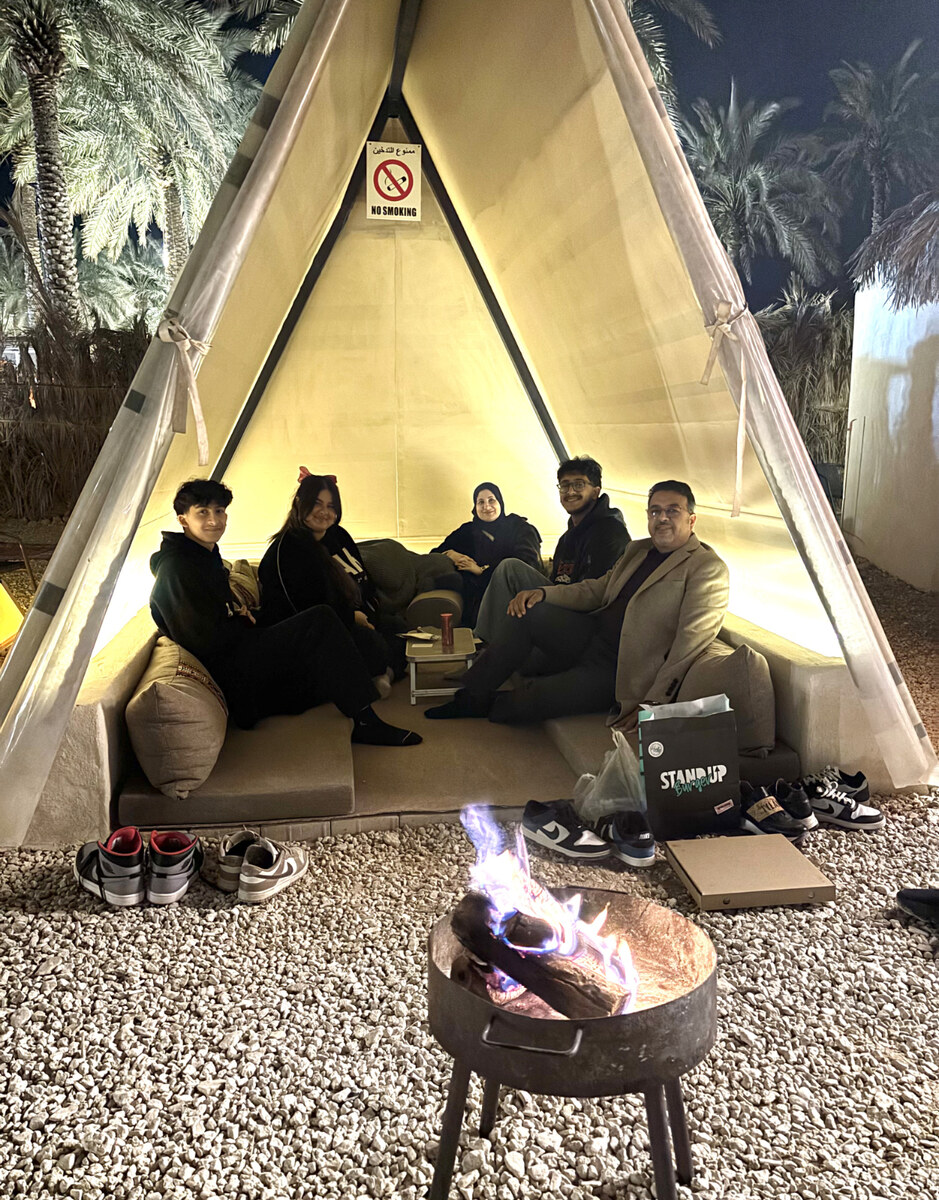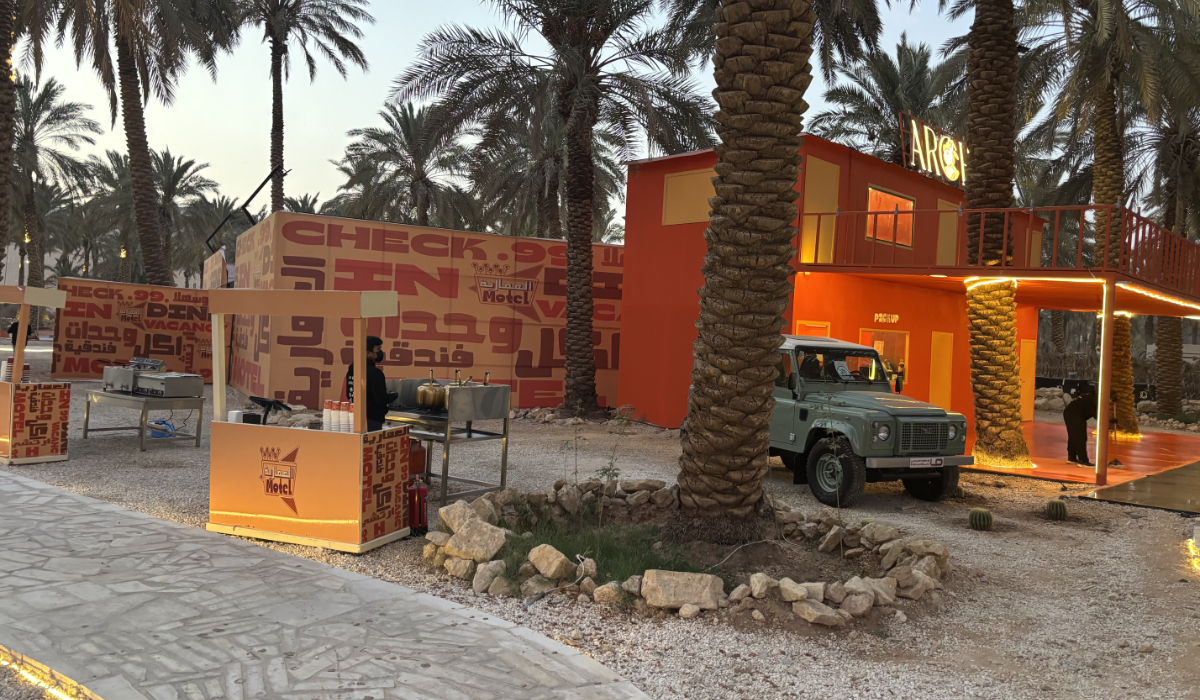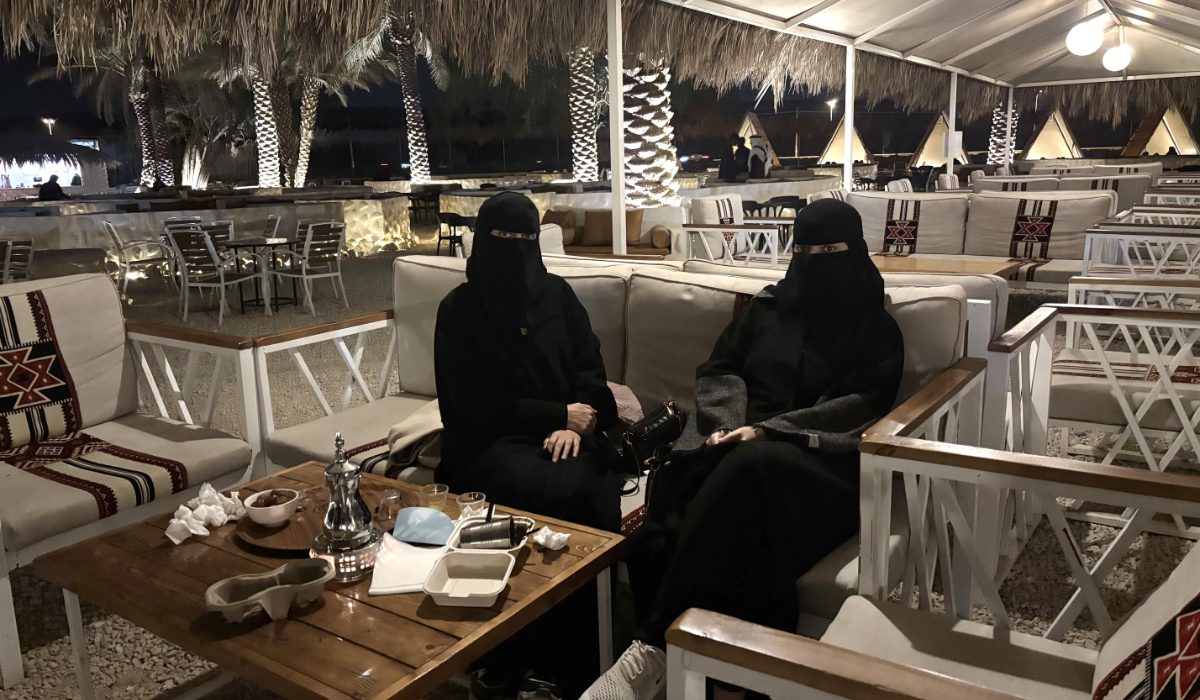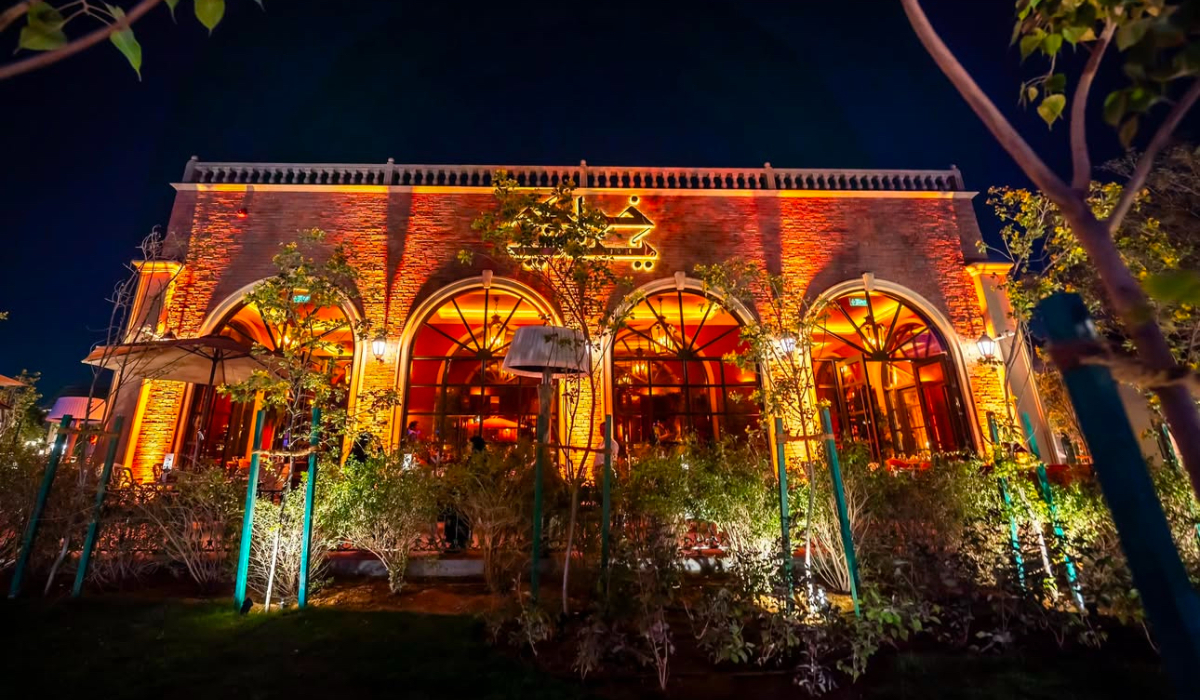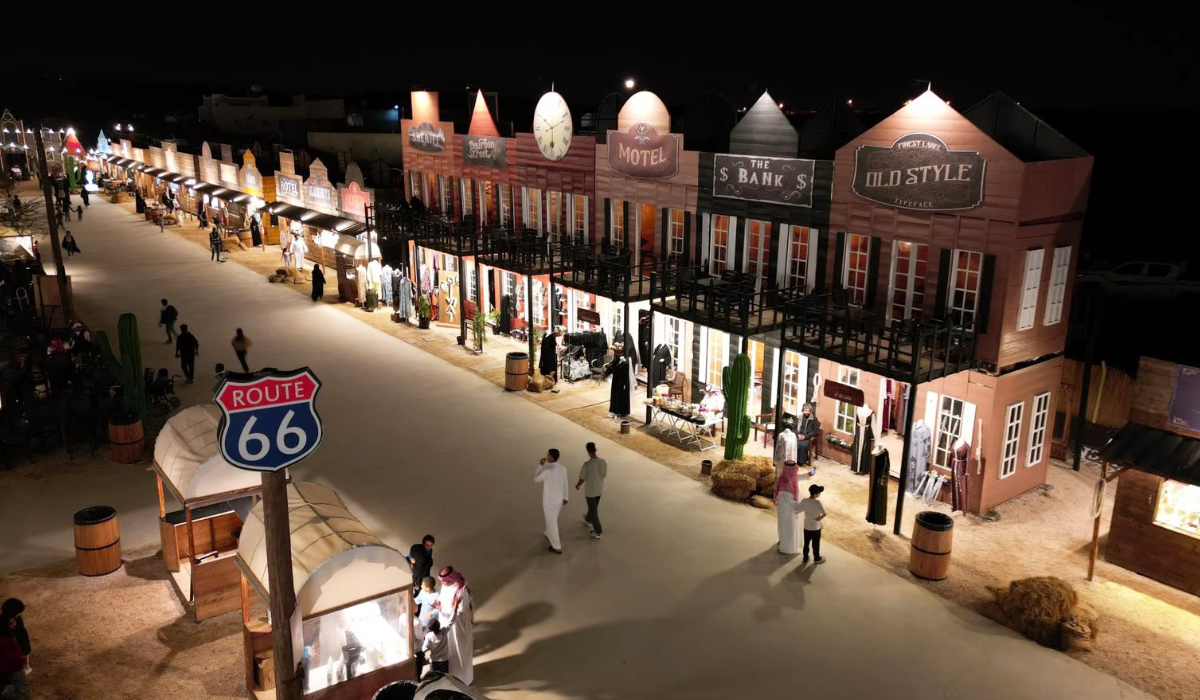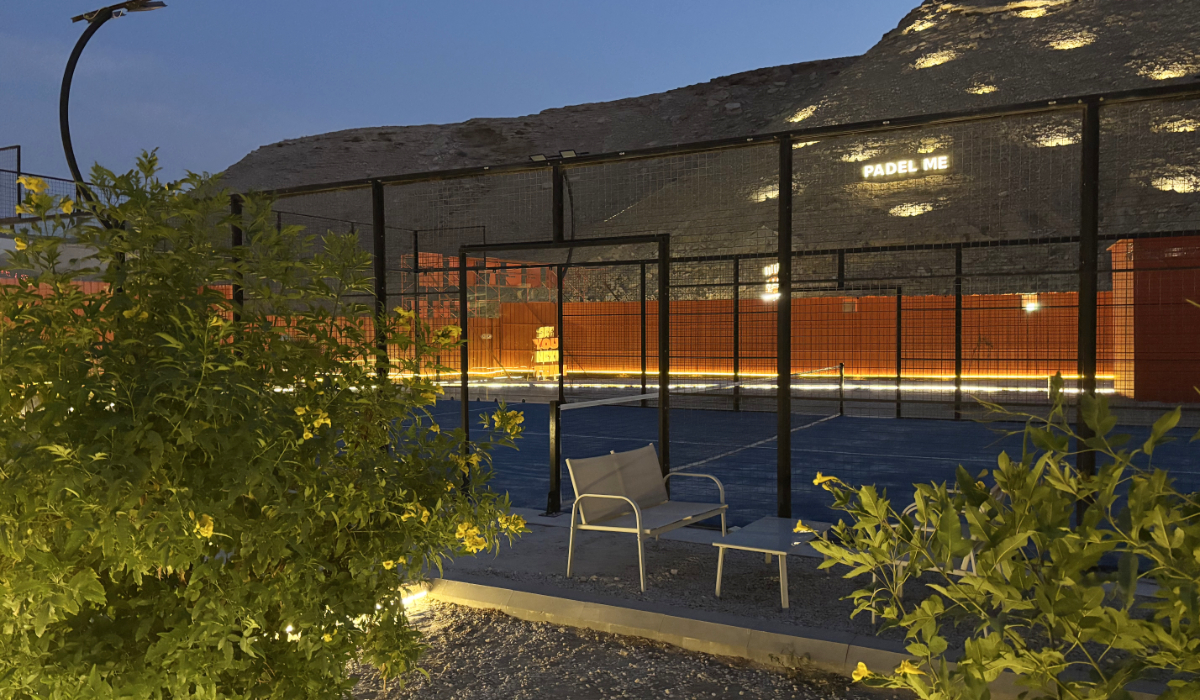LONDON: Saudi authorities on Monday announced a donation of $30 million to support the work of the ALIPH Foundation, the International Alliance for the Protection of Heritage in Conflict Areas.
Prince Badr bin Abdullah bin Farhan, the Kingdom’s minister of culture, made the announcement during the foundation’s second donors’ conference, which took place in Paris, the Saudi Press Agency reported.
The prince expressed his appreciation for the efforts made by ALIPH’s board of directors to protect cultural heritage that is under threat from conflicts. He said culture is a key aspect of the Kingdom’s Vision 2030 development plan, and that his country takes an active role in protecting cultural heritage from a variety of threats and reducing the risk factors that can lead to its neglect and destruction.
“We are also working on initiatives that enhance protection of the heritage and culture of our rich and diverse country and the world at large: training specialists, empowering and supporting professional networks in the field of heritage, and establishing important international links to enable and coordinate joint efforts,” Prince Badr said.
At the second @ALIPHFoundation Donors’ and Partners’ Conference, HH @BadrFAlSaud announced a new $30 million funding commitment that will help preserve cultural heritage sites around the world. pic.twitter.com/8Nu3l6I4cY
— Saudi Arabia Ministry of Culture (@mocsaudi_en) January 31, 2022
The Kingdom shone a spotlight on culture during its presidency of the G20 in 2020 to highlight the role that the preservation of heritage can play in comprehensive and sustainable development, he added, and was elected by UNESCO to be vice-chair of World Heritage Committee for 2021 to 2023.
“Our collective efforts are crucial to strengthening the roles of cultural heritage as an essential contributor to peace-building, promoting social cohesion, and providing a deeper understanding of our memory and cultural diversity,” the prince said.
French Foreign Minister Jean-Yves Le Drian said: “ALIPH Foundation is a collective response to the destructive madness which, in Iraq as elsewhere in the world, threatened to carry away the works which bind generations, testify to the diversity of societies and invite dialogue between peoples and religions.”
Prince Badr also held separate talks with Director of the Louvre Museums Laurence des Cars, Chairman of the ALIPH Foundation Thomas Kaplan, and Omani Minister of Heritage and Tourism Salim Al-Mahrooqi, on the sidelines of the conference.
I was pleased to participate in the Second Donors’ and Partners’ Conference of @ALIPHFoundation, the International Alliance for the Protection of Heritage in Conflict Areas.
Our collective efforts to protect and rehabilitate cultural sites has never been more critical.— بدر بن عبدالله بن فرحان آل سعود (@BadrFAlSaud) January 31, 2022
Meanwhile, Prince Badr, who is also governor of the Royal Commission for AlUla, and Le Drian chaired the first Franco-Saudi committee meeting to discuss the development of heritage in the governorate.
“AlUla’s unique place in the (Franco-Saudi) partnership continues to develop across cultural, environmental, tourist, human and economic development sectors,” the commission said.
“Through Franco-Saudi collaboration in a three-year archaeological program, nearly 120 researchers and archaeologists have been to AlUla, re-affirming its attraction as a leading center of archaeological activity.”
Prince Badr and Le Drian signed an agreement on Dec. 4 to launch “Villa Hegra” in AlUla, which will bring the “French Villa” model to the Middle East through a unique combination of cultural, artistic, educational, culinary and community exchange and knowledge transfer.
Did you know? Through Franco-Saudi collaboration in a three-year archaeological programme, nearly 120 researchers and archaeologists have been to #AlUla, re-affirming its attraction as a leading centre of archaeological activity. pic.twitter.com/iXoPKSU3Ss
— الهيئة الملكية لمحافظة العلا (@RCU_SA) January 31, 2022
The two sides will also collaborate on art residency programs and the exclusive Ferrandi-AlUla International College of Tourism and Hospitality, along with community activities, local artisanal craft workshops and intellectual discourse.
“The Saudi-French partnership, with the collaboration of the Royal Commission for AlUla and the French Agency for AlUla Development, has been a successful model for nearly four years. And the best is yet to come,” Prince Badr said in a message posted on Twitter.
Gérard Mestrallet, Executive Chairman of @AF_ALULA, welcomes the holding this morning of the first Franco-Saudi committee for #AlUla, chaired by Mr @JY_LeDrian, Minister for Europe and Foreign Affairs, and His Highness Prince @BadrFAlSaud, Minister of Culture of Saudi Arabia pic.twitter.com/y9JljFkl39
— Agence française pour le développement d'AlUla (@AF_ALULA) January 31, 2022



